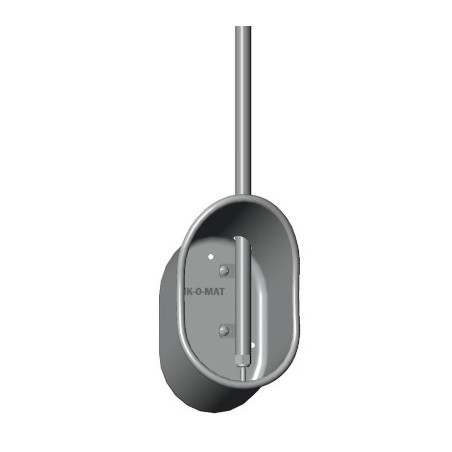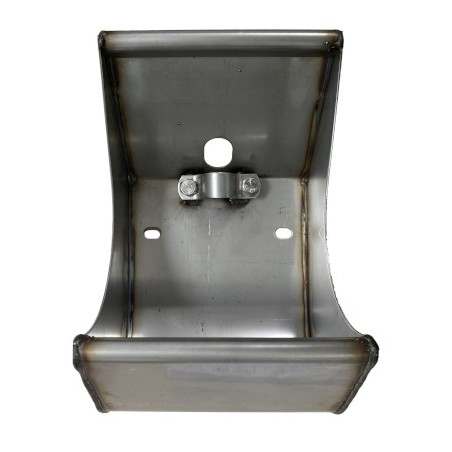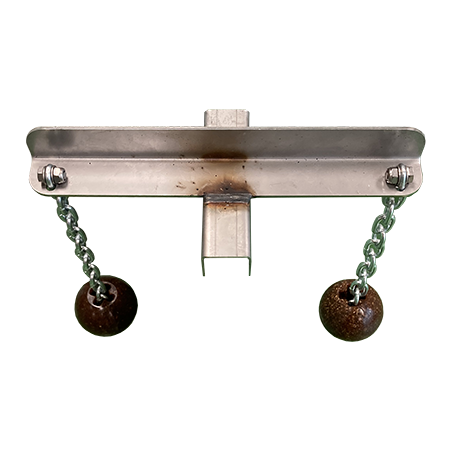Black pepper, one of the most used spices worldwide in human nutrition, has recently been shown to have numerous beneficial effects, such as anti-oxidant and anti-inflammatory effects and the ability to regulate levels of serum lipids. However, there are still scarce studies that have reported the effects of black pepper supplementation on serum lipid regulation in animal nutrition. Therefore, the aim of the present study was to assess the effects of dietary supplementation with milled black pepper on serum lipoproteins, anti-oxidant status-related parameters, ADG and ADFI in growing and finishing pigs. For that purpose, a total of 34 Bulgarian Danube White breed piglets with an average BW of 27 kg were randomly allotted to two diet groups (17 animals per group) receiving a black pepper supplemented diet or a non-supplemented diet (control). In the supplemented group, the milled black pepper was added to the basal diet as a feed additive at a dose of 3 g/kg. The study was performed until 100 kg of BW was reached, and the supplied basal diet was adjusted for the growing period (period 1) ending at about 60 kg BW, and the fattening period (period 2) starting at 60 kg BW and ending at 100 kg BW.
As a result, the serum profile of the black pepper supplemented group showed a significant increase of high-density lipoproteins (HDL), related to a greater cardiovascular health, and an increased vitamin C, related to the antioxidant defense status, in comparison with the group fed with the control diet. Supplementation with black pepper also showed a tendency to improve ADFI and decrease ADG of pigs during both the growing and the fattening periods.

In conclusion, the results obtained suggest that dietary supplementation with milled black pepper can lead to positive effects on blood lipid regulation and anti-oxidant capacity, as seen by the increase of HDL and vitamin C in the serum profile. Therefore, black pepper could be used as a natural food additive to support animal health while maintaining the growth and fattening of piglets. Moreover, the results obtained through the pig model can provide greater knowledge regarding the beneficial effects of black pepper on lipid metabolism in humans.
Yang, Y., Kanev, D., Nedeva, R., Jozwik, A., Rollinger, J. M., Grzybek, W., ... & Horbanczuk, J. (2019). Black pepper dietary supplementation increases high-density lipoprotein (HDL) levels in pigs. Current Research in Biotechnology, 1, 28-33. https://doi.org/10.1016/j.crbiot.2019.08.002







